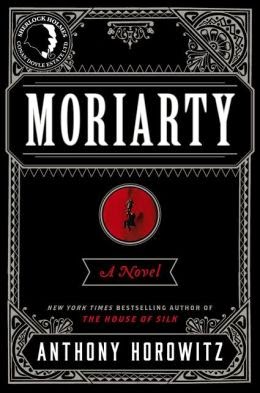 Her entry begins:
Her entry begins:I’m currently reading All the Light We Cannot See by Anthony Doerr, and enjoying it. Regrettably, I’m not far enough into it to comment. I’m researching two books, and it’s hard to find time for more than a few pages a night. So I’ve decided to write on the most recent book I finished, The Goldfinch by Donna Tartt.About Deliver Us, from the publisher:
Since The Goldfinch won a Pulitzer for fiction, obviously it’s excellent. What I’d like to explore is the theme of destiny in the novel. It’s not giving away any of the plot, since it happens early, to reveal that the main character, Theo Decker, and his mother are in an art museum when there’s an explosion. Unable to find his mother, Theo flees, but not before making a fateful decision. This...[read on]
Critically acclaimed author Kathryn Casey delivers a riveting account of the brutal murders of young women in the I-45/Texas Killing FieldsLearn more about the book and author at Kathryn Casey's website and blog.
Over a three-decade span, more than twenty women—many teenagers—died mysteriously in the small towns bordering Interstate 45, a fifty-mile stretch of highway running fromHouston to Galveston. The victims were strangled, shot, or savagely beaten. Six met their demise in pairs. They had one thing in common: being in the wrong place at the wrong time.
The day she vanished, Colette Wilson waited for her mother after band practice. Best friends Debbie Ackerman and Maria Johnson loved to surf and were last seen hitchhiking. Laura Kate Smither dreamed of becoming a ballerina and disappeared just weeks before her thirteenth birthday.
In this harrowing true crime exposition, award-winning journalist Kathryn Casey tracks these tragic cases, investigates the evidence, interviews the suspects, and pulls back the cloak of secrecy in search of elusive answers.
The Page 69 Test: Singularity.
The Page 99 Test: Blood Lines.
The Page 69 Test: The Killing Storm.
The Page 69 Test: Deliver Us.
Writers Read: Kathryn Casey.
--Marshal Zeringue











































